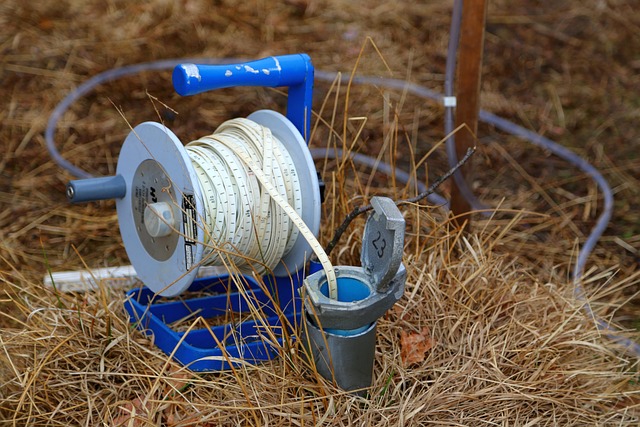As we navigate through the pressing challenges posed by climate change, one alarming consequence has garnered attention: the significant decrease in groundwater level, especially in arid regions teetering on the brink of desertification. This change not only threatens our environment but also strikes at the heart of communities relying on this vital resource. The diminishing groundwater levels represent more than just numbers on a chart; they tell a story of loss, struggle, and the pressing need for action.
The environment is a delicate tapestry interwoven with interdependent systems, where every action has a reaction. Groundwater serves as a crucial lifeline for countless ecosystems and human settlements. However, as climate change escalates, prolonged droughts and extreme weather events lead to a rapid depletion of this essential resource. The situation is dire; many areas now face the grim reality of shrinking aquifers. This depletion has cascading effects on agriculture, drinking water supplies, and overall biodiversity.
In regions already vulnerable to desertification, the decrease in groundwater level is especially palpable. Farmers, once reliant on consistent aquifer replenishment to nourish their crops, find themselves grappling with the harsh realities of poor yields and barren fields. The scarcity of water drives some to deeper wells, often at unsustainable costs, pushing communities further into a cycle of debt and desperation.
As we witness the tangible impact of climate change, it is essential to recognize the deeper emotional connections we share with our environment. Our landscape shapes our identity, our way of life, and our future. The decrease in groundwater level is not just a scientific concern; it is an emotional one, evoking feelings of loss for our shared resources and concerns for the generations to come.
Collective action is crucial in addressing the challenges posed by declining groundwater reserves. Governments, organizations, and individuals must commit to sustainable practices, innovative conservation techniques, and robust policy changes that prioritize water management. By fostering community resilience and promoting awareness about the importance of groundwater conservation, we can begin to reverse this adverse trend and restore balance to our ecosystems.
As we stand at this critical juncture, it is imperative that we amplify our voices and share our stories. The narrative surrounding the decrease in groundwater level speaks to our responsibility as stewards of the planet. We must engage in conversations that inspire change, advocate for sustainable practices, and take proactive measures to protect our precious water resources. In a world increasingly shaped by climate change, the urgency has never been greater to secure a sustainable future for ourselves and generations to come.



